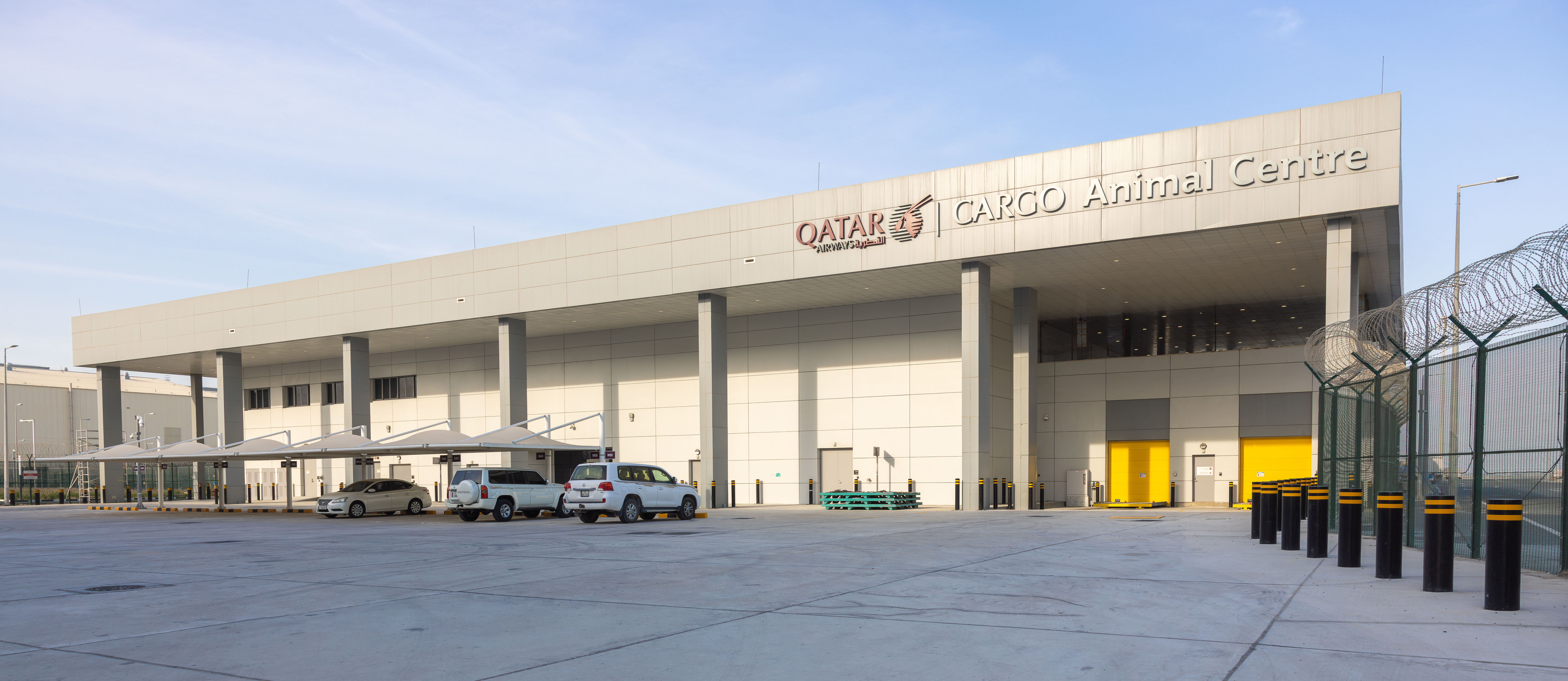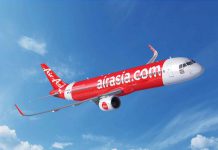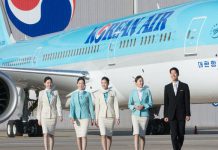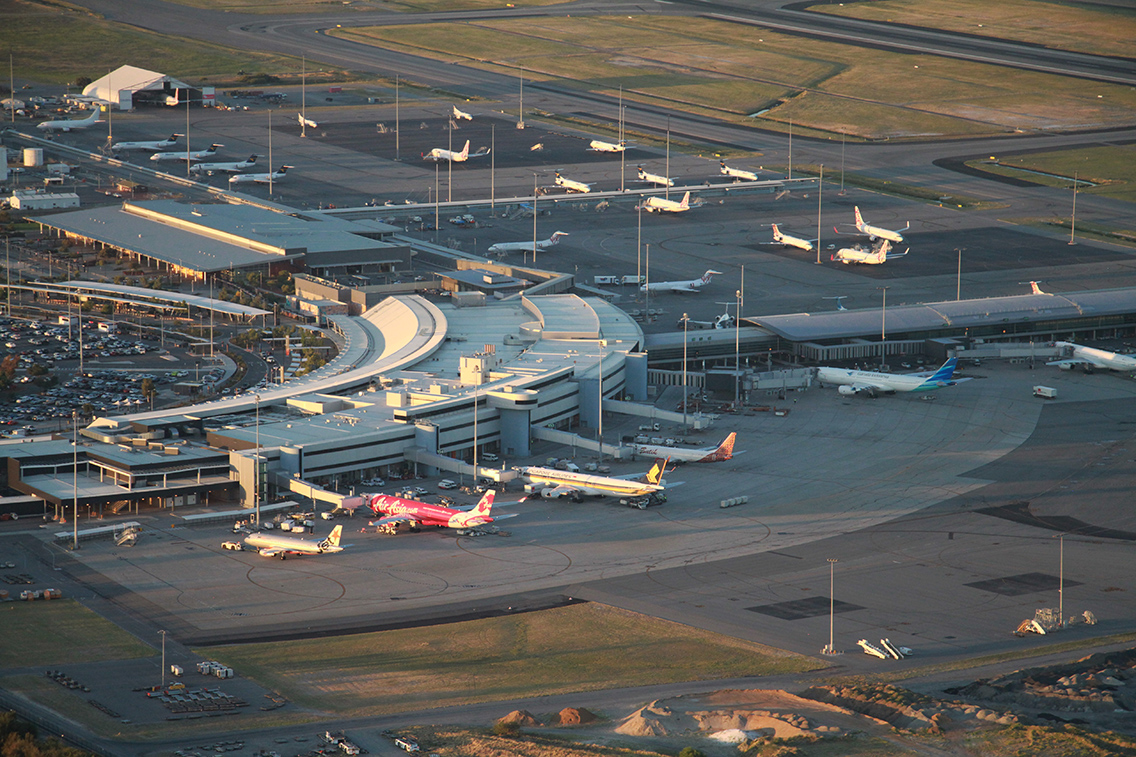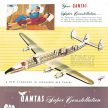Perth Airport has been rated by airlines as the best airport in Australia and the only one to achieve a “good” rating in the latest Australian Competition and Consumer Commission (ACCC) airport monitoring report.
The airport also took out the honors for the best overall quality of service for passengers and airlines for the second year running.
READ: Airlines for Australia & New Zealand disagrees
The ACCC report found that aeronautical profits continued to grow at most of the monitored airports in 2017–18.
The four airports combined made $820.1 million in operating profit (EBITA) from aeronautical activities in the year, up 6.2 percent, although Sydney Airport made up almost half of this amount.
READ Boeing about to roll out first 777X
The ACCC said that Brisbane and Perth airports reported the strongest growth in aeronautical profits with the Queensland airport’s profit growing by 24.8 percent.
In contrast, the ACCC said that the aeronautical profit at Perth Airport “grew primarily as a result of falling expenses.”
The ACCC report said that for the first time over the last decade, all four monitored airports were rated as ‘good’ for their overall quality of service.
“Perth Airport received the highest overall quality of service rating,” the ACCC report said.
It added that “from an airline perspective, Perth Airport has significantly improved its performance over the past three years and was the only airport to receive a ‘good’ rating in 2017–18.”

Perth Airport CEO Kevin Brown said the report is another big tick for the airport’s focus on serving its airlines partners, passengers, and the community.
“We’ve recently secured new deals with 23 out of the 24 airlines which operate at Perth Airport,” Mr. Brown said.
“We see that as clear evidence that our airline partners see our pricing as fair and reasonable.
The report is another win for Perth Airport in its battle over pricing with Qantas after the Productivity Commission earlier this month found the airport’s pricing fair.
Mr Brown added, “their [the airlines] responses to the ACCC also confirm that they believe our service levels continue to improve as we work with them for a better airport.”
“So, they believe they are getting great service at a fair price.
“Our airline partners and passengers have recognized that the investment decisions we’ve taken to provide the capacity and service quality enhancements are directly benefitting them, and we’re doing it efficiently as acknowledged in the recent draft Productivity Commission report.

Mr. Brown said that “we are now in discussions with our airline partners on the next wave of development required to service their needs and help them grow into the future.
“We want to deliver a seamless airport experience that Perth and WA deserve well into the future with an upgrade of the international terminal, a new domestic terminal to allow Qantas to move to the central airport precinct, and a new parallel runway to lock in the airport’s future capacity,”
The ACCC report also found that Perth Airport again has the lowest average drive-up rates for short term parking of any major airport and the lowest profit margin on car parking.
However, the airline association Airlines for Australia & New Zealand (A4ANZ) took a very different view. In a statement, it pounced on Mr. Sims comment that the growth in aeronautical profits at Australia’s four biggest airports “continues apace”.
A4ANZ) Chairman, Professor Graeme Samuel AC, said that its [ACCC] findings hardly came as a surprise, and certainly would not be to travelers, who wear the costs of the airports’ monopoly behaviors, which were documented to include:
• Car parking charges where up to 70 cents in every dollar represent profit to the airport; • Growth in charges for landside access services, such as taxis, ride-share operators and buses; and
• Some of the airports more than doubling their profits over the past decade, in real terms.
“The Productivity Commission’s recently published draft report examining the economic regulation of airports essentially ignored all this and endorsed the current approach of having the ACCC simply monitor the airports’ activities.
“Yet the ACCC themselves disagree, and have expressed this view many times over a long period of time,” Prof Samuel said.
A4ANZ CEO, Dr Alison Roberts said, “With the release of this ACCC report we again hear from Chairman Rod Sims that price monitoring is not enough to constrain the behavior of companies with significant market power, such as airports.”
“Along with A4ANZ and regulatory experts, the ACCC has strongly advocated for independent arbitration in cases where airports and airlines cannot agree on the pricing of aeronautical services. As Mr Sims said, it is a pragmatic solution for resolving disputes and creates an effective threat for any party frustrating commercial negotiations.”


